On the afternoon of November 29, continuing the 8th Session, with the majority of delegates voting in favor, the National Assembly officially passed the Law on Public Investment (amended) with many notable new points.

Before voting, the National Assembly listened to Chairman of the National Assembly's Finance and Budget Committee Le Quang Manh present a report on receiving, explaining and revising the draft law.
The electronic voting results showed that 441/448 National Assembly deputies participated in the vote in favor, accounting for 92.07% of the total number of National Assembly deputies. Thus, the National Assembly passed the Law on Public Investment (amended) with the majority of deputies participating in the vote in favor.
The Law on Public Investment (amended) takes effect from January 1, 2025, consisting of 7 Chapters and 103 Articles, regulating state management of public investment; management and use of public investment capital; rights, obligations and responsibilities of agencies, units, organizations and individuals related to public investment activities.
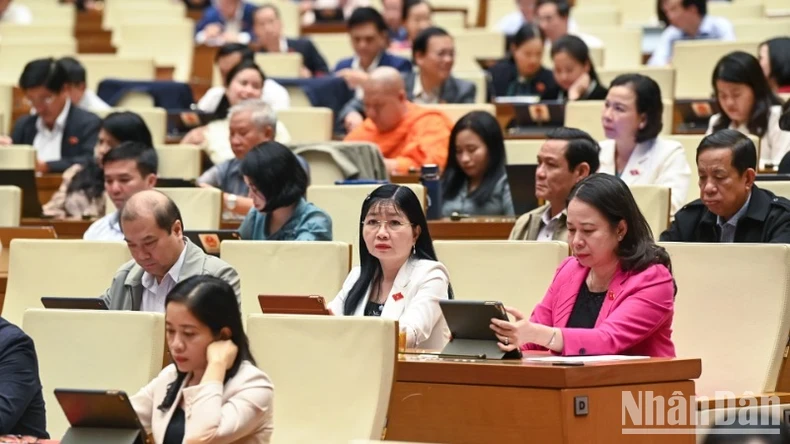
According to the law, sectors and fields using public investment capital include: National defense; security and social order and safety; education, training and vocational education; science and technology; health, population and family; culture and information; radio, television, news agencies; physical education and sports; environmental protection; economic activities; activities of state agencies, public service units, political organizations and socio-political organizations; social security; other sectors and fields as prescribed by law.
Law on Public Investment There are regulations to classify public investment projects. In particular, when approving investment policies for important national projects, group A, group B, group C projects, competent authorities have the right to decide whether or not to separate the content of compensation, support, resettlement, and site clearance into independent component projects.
The Law also stipulates criteria for classifying important national projects, group A projects, group B projects, and group C projects. In particular, important national projects are independent investment projects or closely linked construction projects that meet one of the following criteria: Using public investment capital from 30 trillion VND or more; having a major impact on the environment or potentially having a serious impact on the environment; using land requiring the conversion of land use purposes for rice cultivation from two crops or more with a scale of 500 hectares or more; relocating 20,000 people or more in mountainous areas, 50,000 people or more in other areas; projects requiring the application of special mechanisms and policies that need to be decided by the National Assembly.
Decentralization of authority to decide on investment policies for group B and group C projects

One of the notable new points of the Law on Public Investment (amended) is the authority to decide on investment policies for group B and group C projects.
Regarding this content, Chairman of the National Assembly's Finance and Budget Committee Le Quang Manh said that during the process of examining the draft law, many opinions said that decentralizing the authority to decide on project investment policies from the People's Council to the People's Committee is a major change, and it is necessary to carefully study and assess the impact; some opinions agreed with the proposal to decentralize to People's Councils at all levels to reduce administrative procedures.
According to the National Assembly Standing Committee, as the delegates stated, decentralizing the authority to People's Committees at all levels to decide on investment policies for groups B and C managed by localities is a major change from the authority of People's Councils at all levels to People's Committees at all levels.
However, according to the Government's report, the change in authority has been carefully considered in practice. The assignment of the People's Committee to decide on project investment policies when necessary has been stipulated in the 2019 Law on Public Investment.
According to the Government's report, in the 2021-2025 period, 43 provincial People's Councils have delegated the authority to decide on investment policies for Group B and Group C projects to the People's Committees at the same level. In addition, to ensure consistency, the draft law has added the authority to "decide on project investment policies" along with the responsibility to "report to the People's Council at the same level at the nearest session".
In the spirit of promoting decentralization and delegation of power in innovating thinking in law-making, we would like to report to the National Assembly to allow regulations on decentralization for People's Committees at all levels to decide on investment policies for groups B and C managed by localities.
Regarding the regulation on the 20% limit for projects over two medium-term periods in Article 93, the Law on Public Investment is amended in the direction of: Continuing to maintain the regulation on the 20% limit; supplementing regulations on national target programs and important national projects implemented according to the Resolution of the National Assembly; supplementing regulations on projects using capital from legal revenue sources of state agencies and public service units; for programs and projects using ODA capital and foreign preferential loans; supplementing regulations allowing exceeding the 20% limit: "The competent authority shall report to be allowed to decide on exceeding the limit, but it must not exceed 50% of the capital of the previous medium-term public investment plan".
Regarding the pilot and specific mechanisms and policies that have been allowed to be applied by the National Assembly, they are also stipulated in the law, such as: Separating compensation and resettlement work into independent projects; assigning a provincial People's Committee as the competent authority to implement projects passing through two or more provincial administrative units; allowing the provincial People's Council to arrange local budget capital to entrust the implementation of credit policies through the Social Policy Bank...
Source









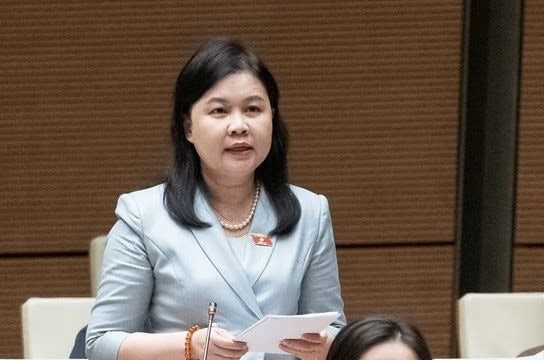

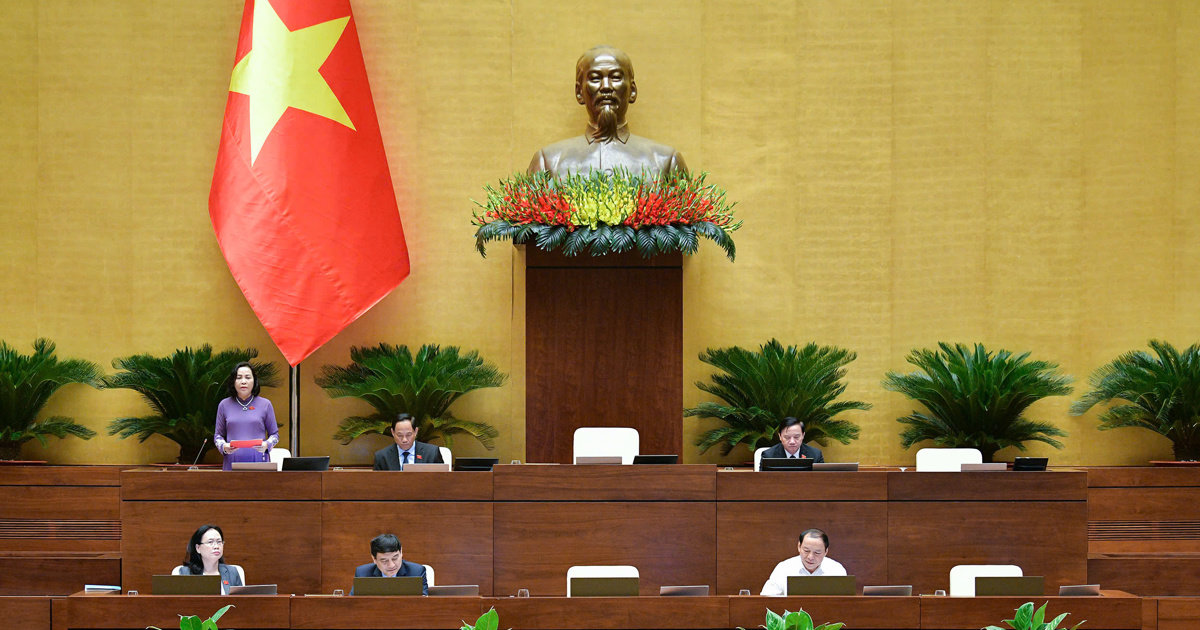

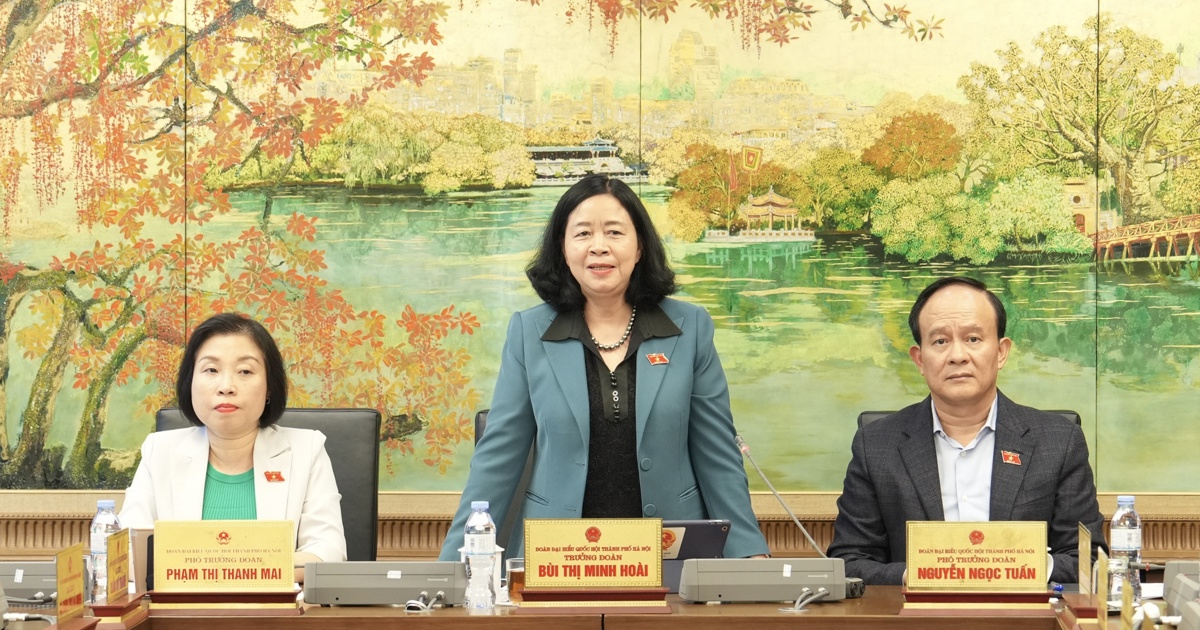
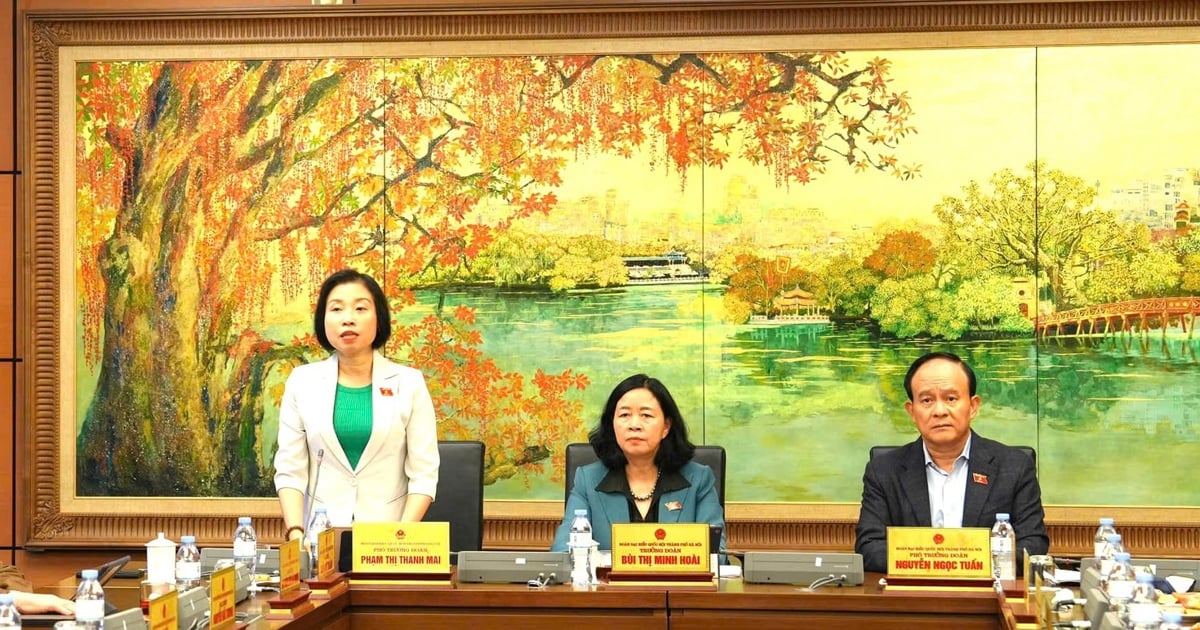


















































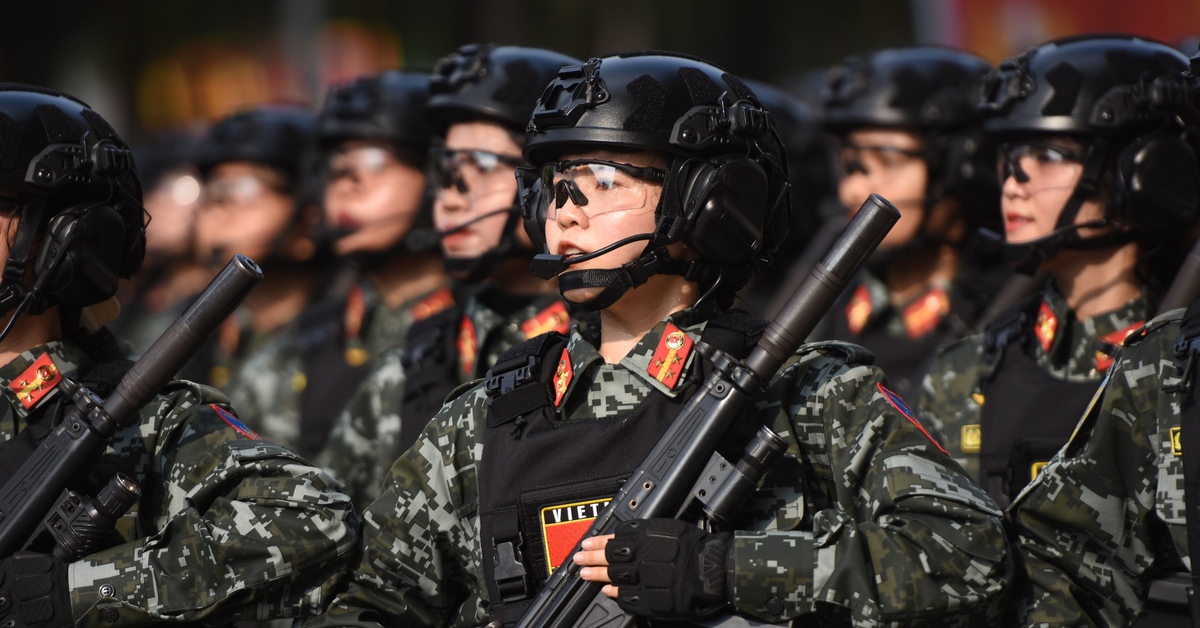







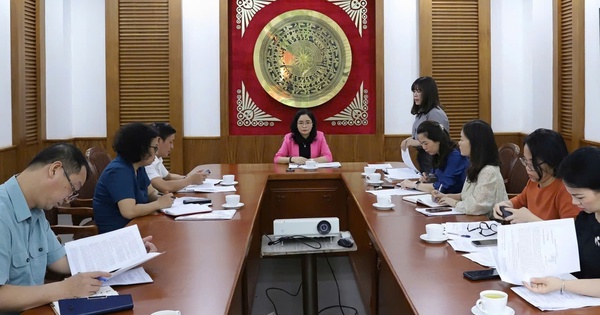



















Comment (0)